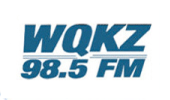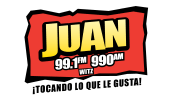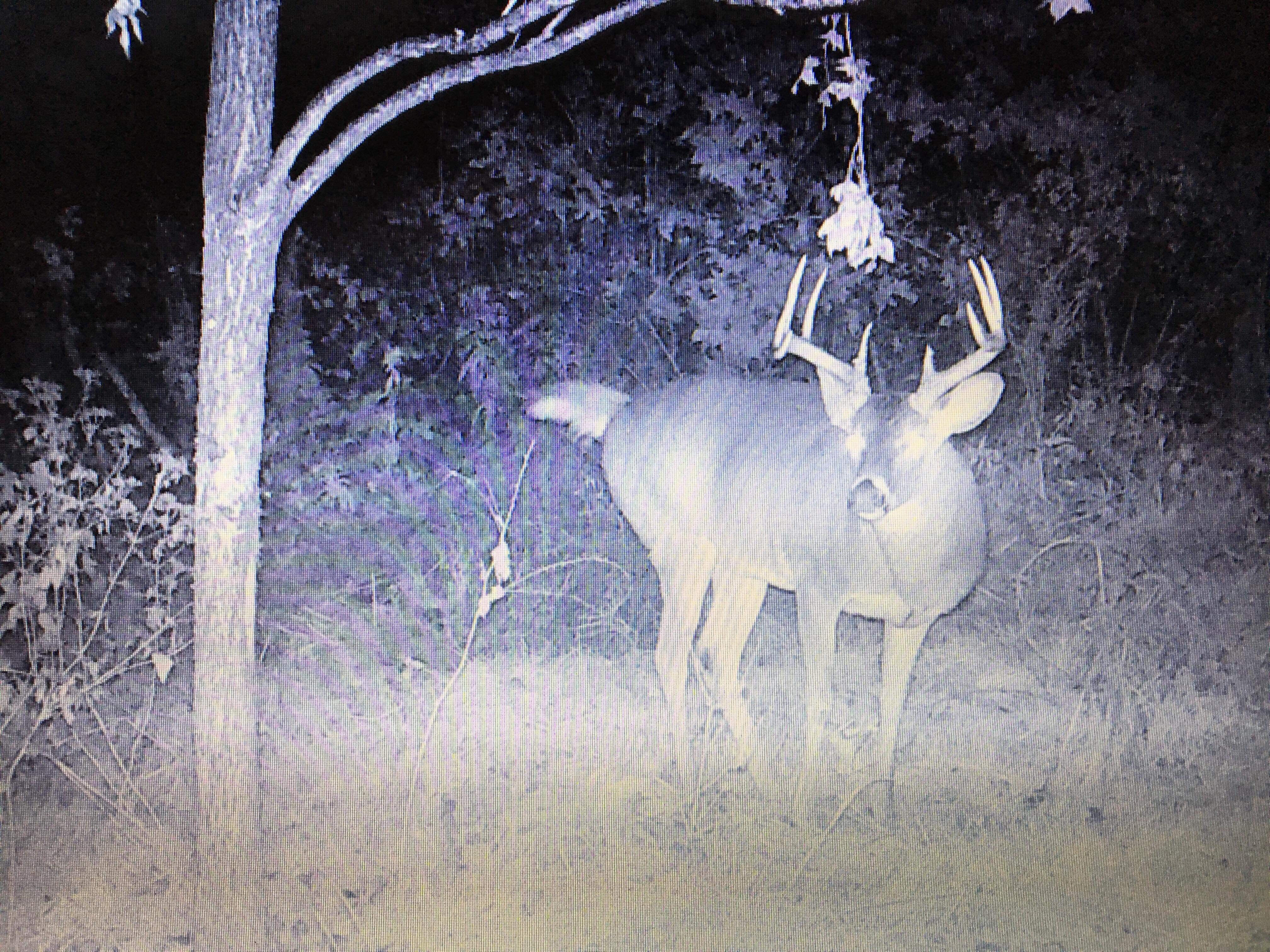Patoka Sportsman 11-17-18
Patoka Sportsman 11-17 & 11-18-18
Dr. Joe Caudell deer biologist with the IDNR was the special guest at the Dubois County Sportsmen’s Club meeting Monday night. Dr. Joe presented a ton of information on how the DNR sets antlerless quotas, how they estimate the deer herd in Indiana and the makeup of the herd.
Many hunters feel that the antlerless quotas should be set lower so we see more deer. Others like landowners who have crop damage from deer would like to see higher quotas so we harvest more deer. Then there’s deer vs. vehicle accidents. All those factors are taken into consideration when the antlerless quotas are determined. If you go the DNR’s website you can actually take a look at the many reports put together by Dr. Caudell. Believe me there’s more info there than you can ever imagine!
The IDNR is working on integrating biological, sociological and ecological date with Purdue University to develop an Integrated Deer Management Model for the future. When setting antlerless quotas they are trying to determine the carrying capacity based on deer density in each county. Their survey date is broken down into 16 square mile areas for the entire state of Indiana. The survey results from stockholders, farmers and land owners are taken into consideration when adjusting the quotas each year.
The bottom line is that the deer herd size is really difficult to estimate. Deer move, cluster together and are cryptic. It’s difficult but I believe after hearing Dr. Joe Caudell speak on Monday night that the IDNR is doing their best to manage deer for all those concerned.
This weekend is the opening of the deer firearms season in Indiana. Hunters wearing their Hunter Orange will be in the woods in hopes of harvesting a deer. Please be careful out there and make sure of your target before shooting. Use a safety harness with a teather rope when climbing or sitting in a deer stand.
Wildlife Manager, Kalli Dunn, is seeking help from the hunting public to help with Chronic Wasting Disease (CWD) surveillance. Kalli will require collecting lymph nodes from the neck of the deer. If you are willing to let Kalli sample your deer, during any of the deer seasons, please contact her within 24 hours of the kill. Chronic Wasting Disease is more likely evident in older deer. Therefore, she only wants deer that are 1.5 years and older. Keep deer cool (but not frozen) or remove head below “Adam’s apple”. Kalli will come to you to collect the sample or arrangements can be made to meet at the Glendale F & W Area office. If you plan to head or shoulder mount your deer it is not a candidate for this collection due to the damage caused to the neck. Kalli’s contact information: [email protected] Office (7am – 2pm): 812-644-7711.
Hunters can check in their game online through the CheckIN Game system, in the Fish & Wildlife Online Services application, at an on-site check station, or by phone. The online CheckIN Game system and the Fish & Wildlife Online Services can be used with any Internet-connected device. Both of these options are free, and you don’t need to set up an account online to check in your game. You can purchases licenses, check in game, view your check-in history, get your HIP number, purchase a gift certificate or make a donation through your account. The phone-in option (1-800-419-1326) carries a $3 fee (Visa or Mastercard only). Even at on-site check stations, station managers will enter information online through the CheckIN Game System. Stations no longer use paper log books or issue metal tags.
Call TIP if you see, hear or learn about poaching or another fish-and-wildlife rule violation. If your “TIP” leads to an arrest, you may receive as much as a $200 reward, and you can remain anonymous. Call 1-800-TIP-IDNR, 24 hours a day, 7 days a week.
The annual Hunters for the Hungry program administered by the Dubois County Sportsmen’s Club is going on now through the end of deer season January 6. Any hunter who harvests a deer can donate it to the Hunters for the Hungry by taking it to Sanders Processing in Celestine, Ferdinand Processing, Cannelburg Processing or Ohio Valley Custom Deer Processing in English. Processing will be paid for through a grant from the Sportsmen’s Benevolence Fund acquired by the Dubois County Sportsmen’s Club. All donated deer meat is packaged and distributed through area food banks. Each donated deer will give the hunter an entry to win a gun donated by Dr. Greg Gordon and Jasper Optical Lab.




